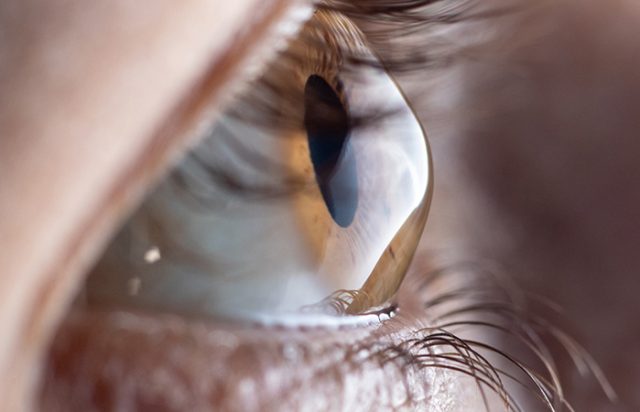
Keratoconus is a progressive eye condition where the normally round, dome-shaped cornea thins and gradually bulges outward into a cone shape. This distortion of the cornea leads to blurry vision and increased sensitivity to light and glare, significantly affecting daily activities.
While the exact cause of keratoconus is unclear, certain factors are commonly associated with the condition:
Chronic Eye Rubbing: Constant, forceful eye rubbing is a known trigger for the progression of keratoconus.
Genetics: Keratoconus may run in families, so if someone in your family has it, you may be at a higher risk.
The symptoms of keratoconus often first appear during puberty or in the late teenage years. Key symptoms include:
Blurred or distorted vision
Increased sensitivity to light and glare
Difficulty with night vision
In the early stages, vision can often be corrected with eyeglasses. However, as the condition worsens and the cornea becomes more cone-shaped, rigid gas permeable (RGP) or hard contact lenses may be required to improve visual acuity.
If keratoconus progresses to an advanced stage, a corneal transplant may be necessary to restore clear vision. Other treatment options include corneal cross-linking to strengthen the cornea and slow disease progression, or specialized contact lenses that provide better support to the misshapen cornea.




































